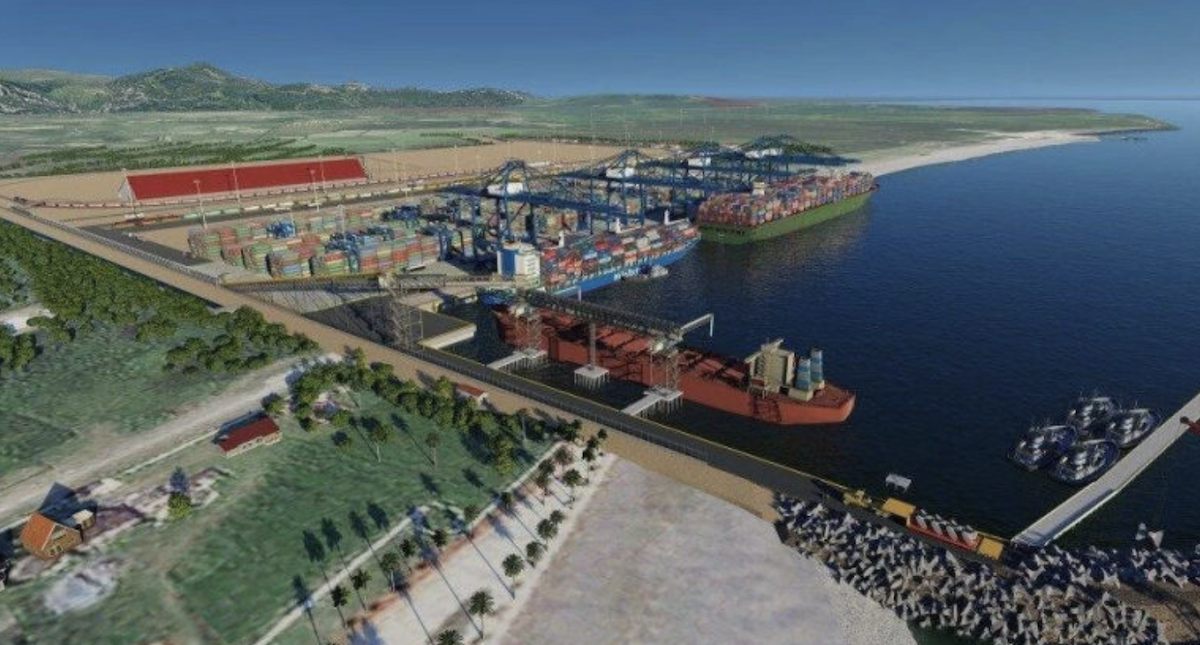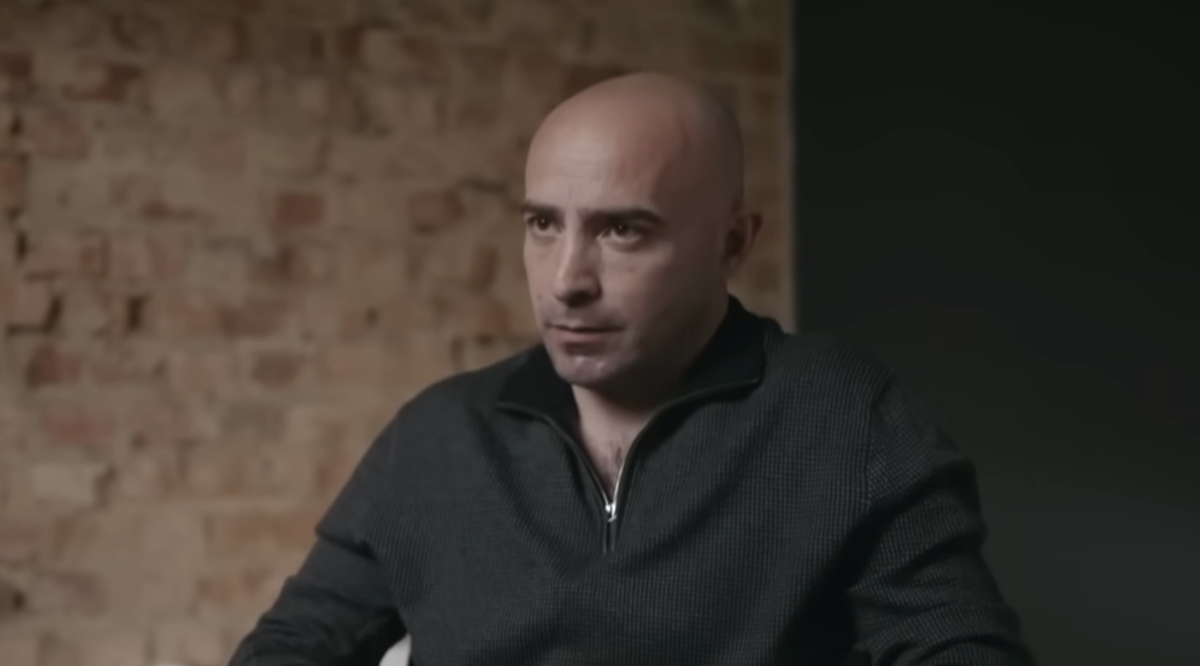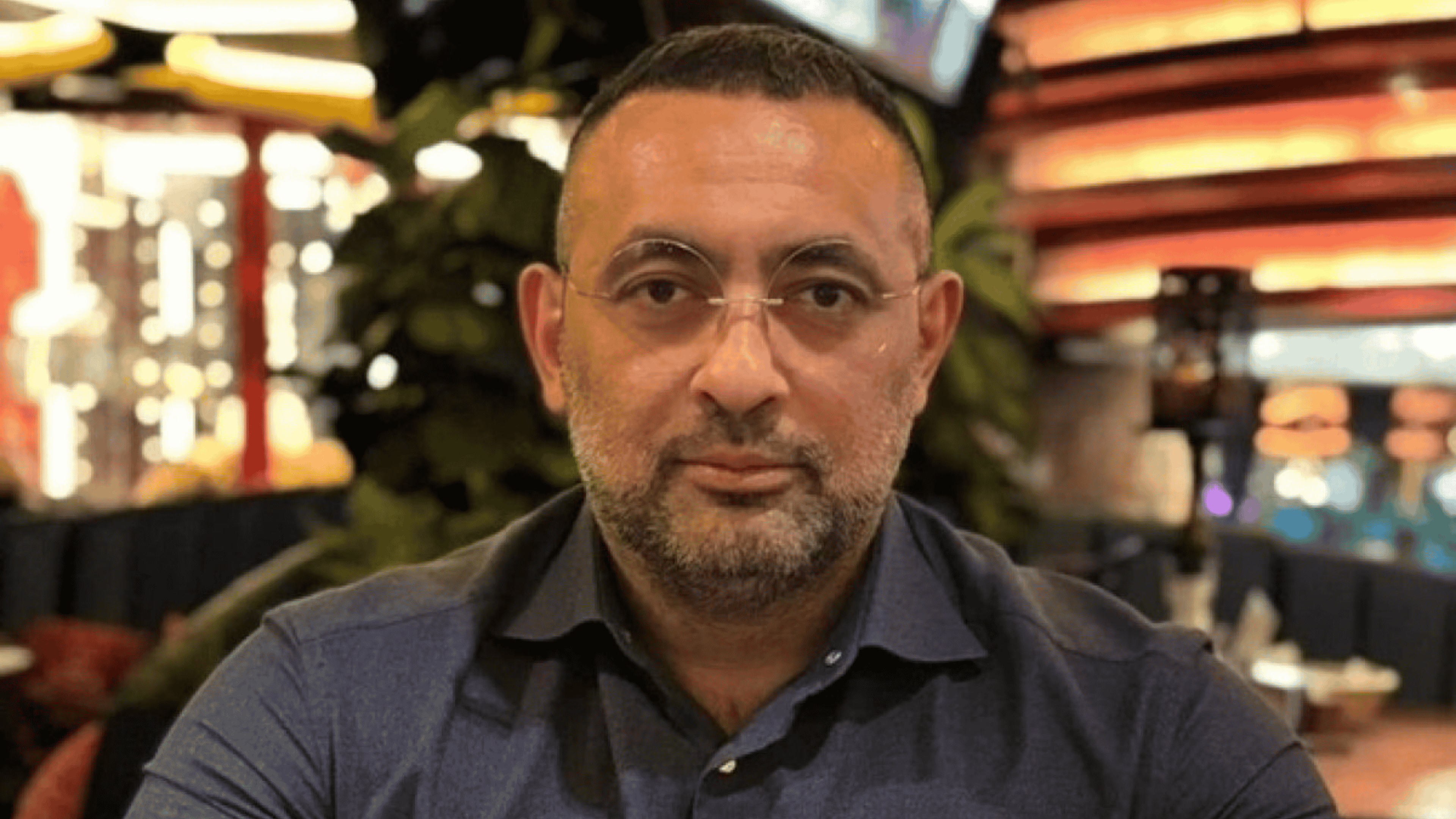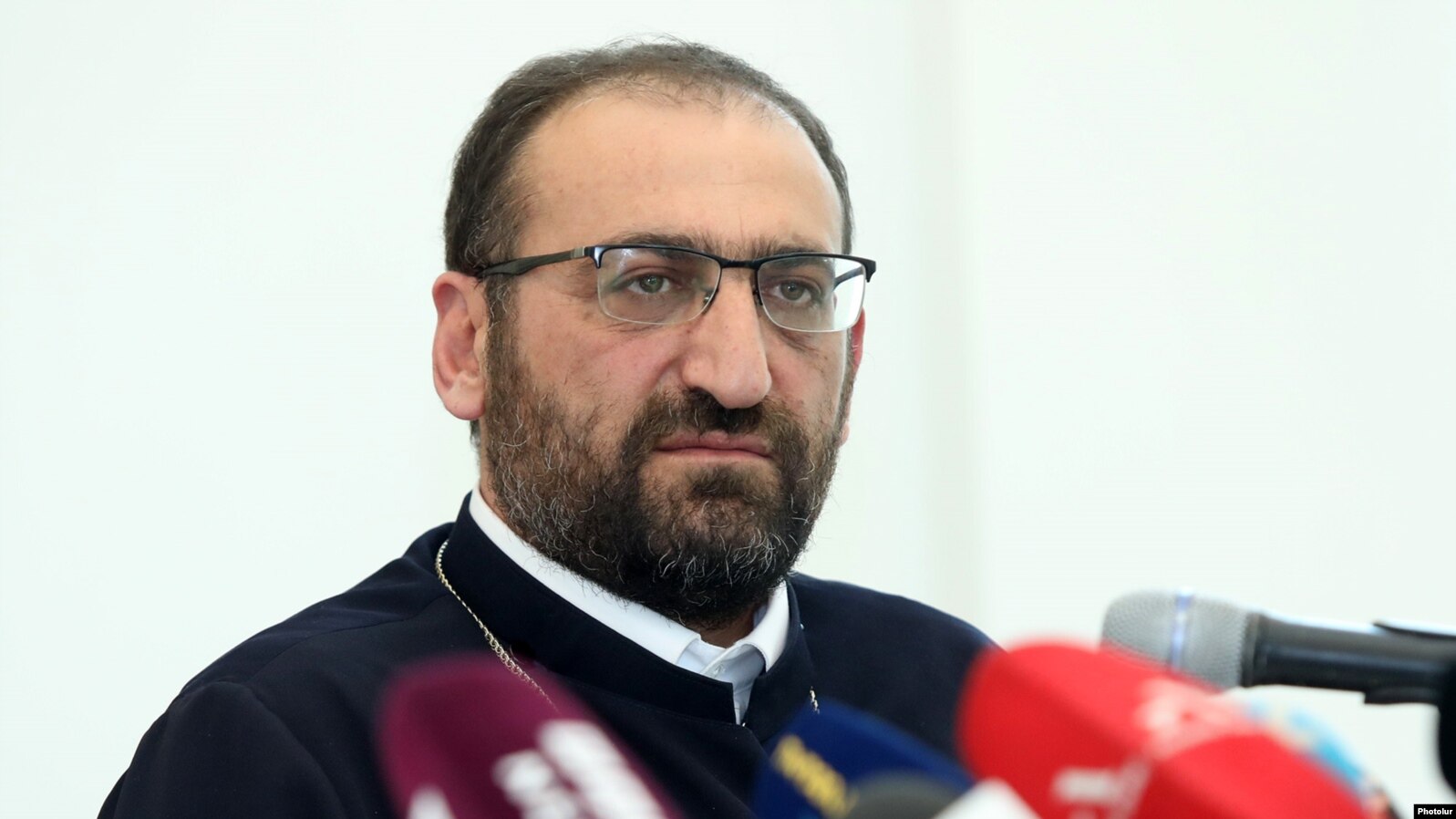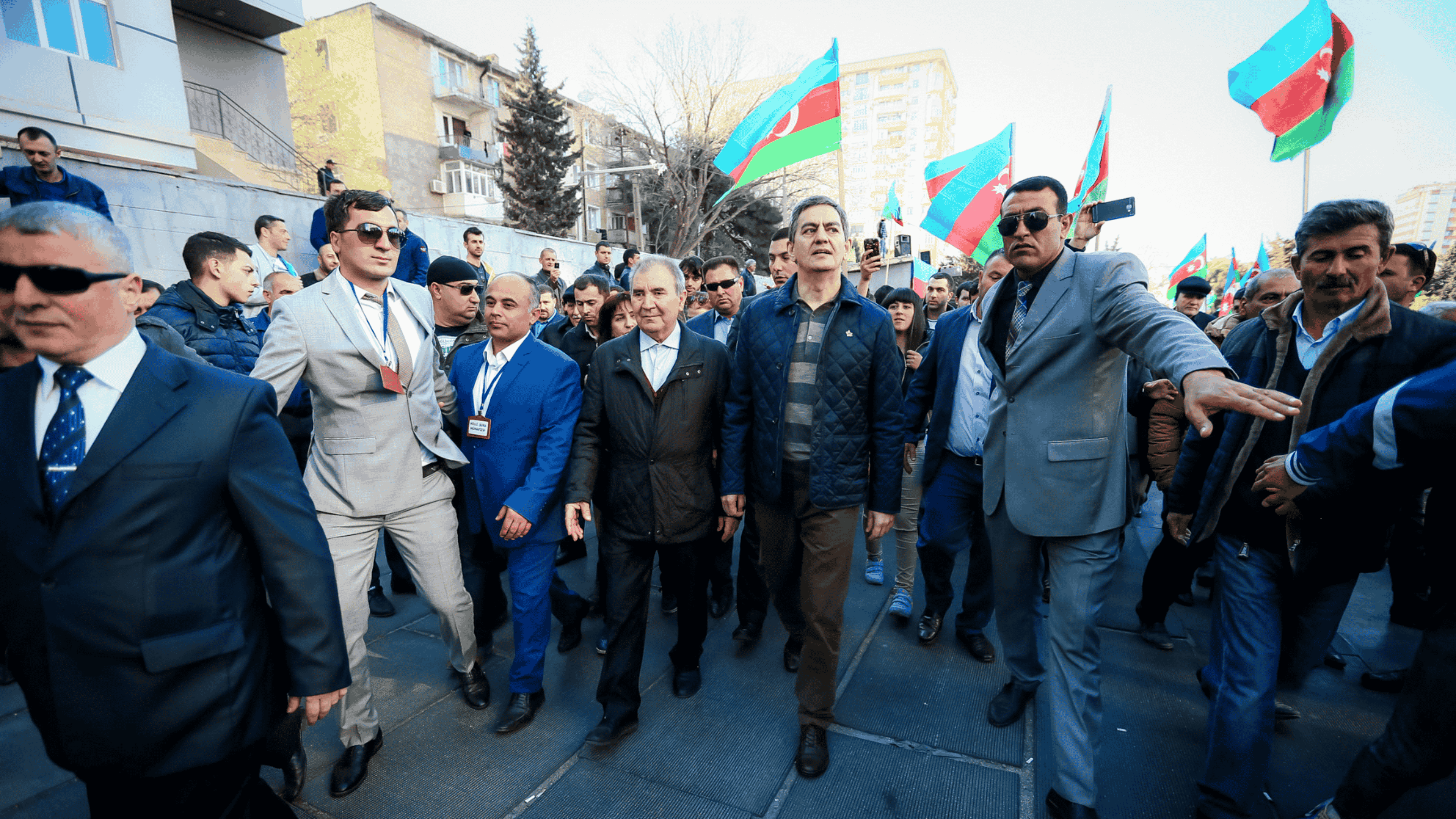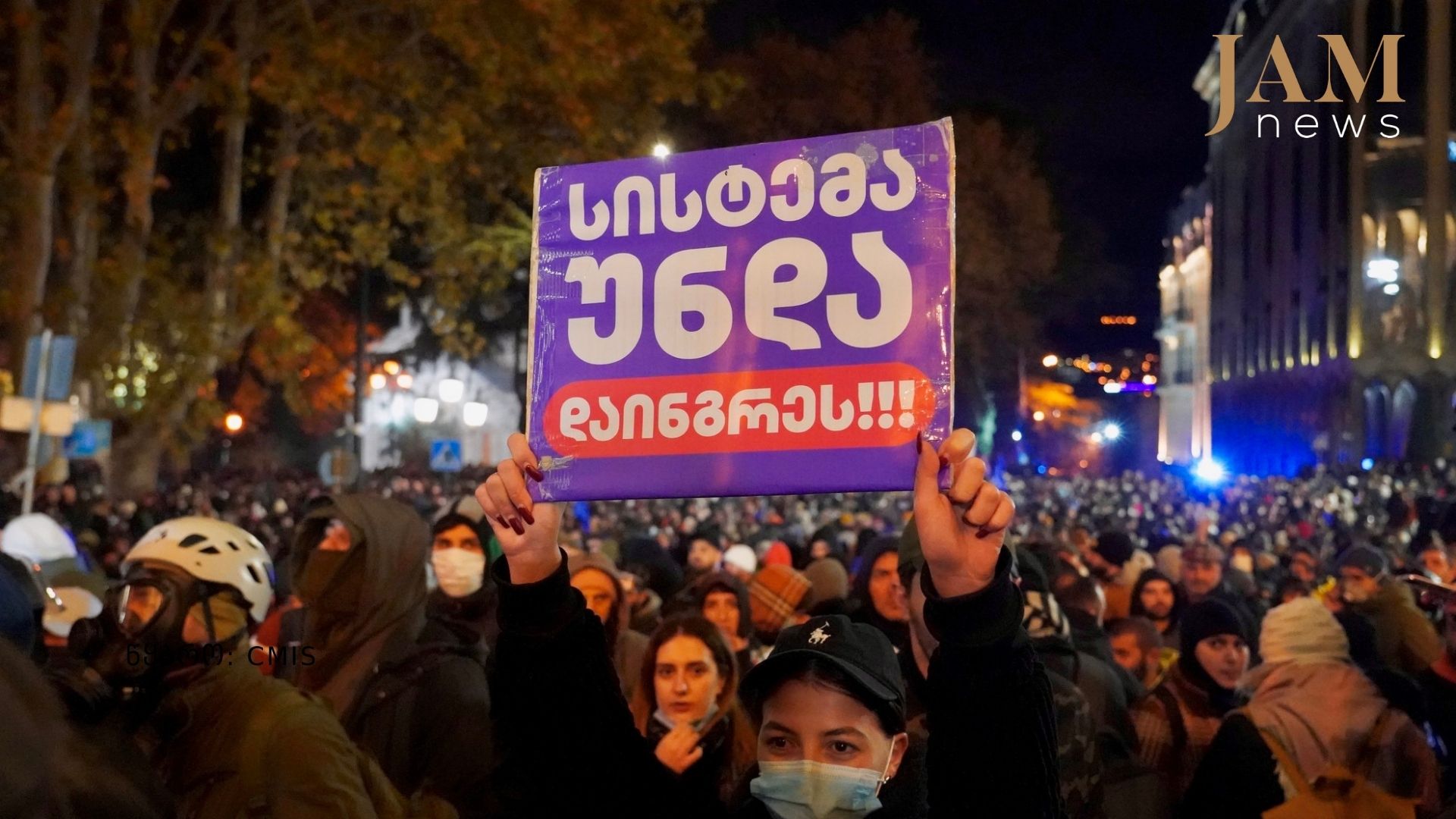Russia: journalists and activists arrested, record high turnout for protest against arrest of governor
The Russian city of Khabarovsk has been seized by unprecedented protests against the arrest of the local elected governor. This arrest was part of a countrywide campaign of arrests and repression following the results of a vote on constitutional amendments that will theoretically allow President Vladimir Putin to stay in power until 2036.
35,000 people attended the unsanctioned demonstration in the Russian city of Khabarovsk (population 200,000), located on the border with China.
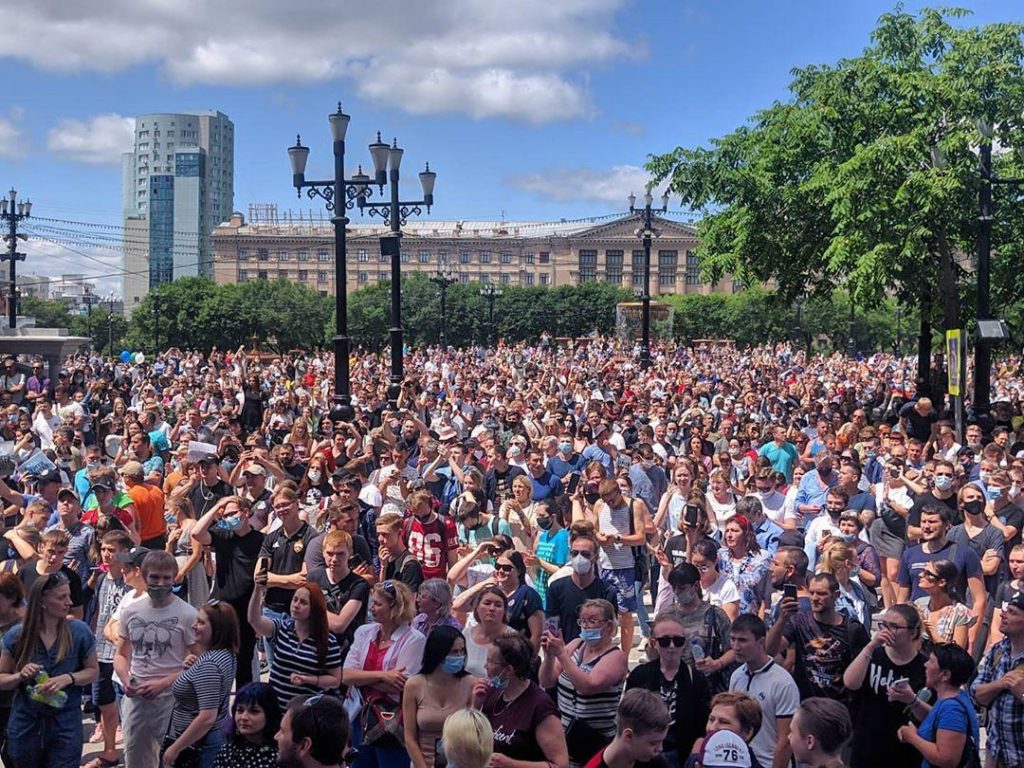
The reason for the protest was the arrest of the elected governor of the Khabarovsk Territory, Sergei Furgal. He is suspected of committing contract killings in 2004-2005.
Furgal was sent to Moscow and placed under arrest for two months. He denies the charges against him.
Two days after the protest, a crowd of several thousand people gathered in the central square in Khabarovsk and surrounded the administration building. The protesters then marched down the central street.
- Is Russia preparing Abkhazia, South Ossetia, Transnistria and Donbass for annexation?
- Russian constitutional amendments pass – Putin could remain in power for 16 more years, Russians deemed state-forming people
Some of the slogans chanted by protesters included: “Furgal is our choice!”, “Putin is a thief!”, “Freedom!”, “Burn Moscow, save Russia!”
The 35-thousand person demonstration in Khabarovsk was the largest unsanctioned massage in the history of the Russian Federation.
The most complete photo and video report is available on the site:
Searches and arrests of journalists, activists and deputies
In the week following the vote on constitutional amendments, the authorities launched an attack on the public.
The most high-profile incident was the arrest of journalist Ivan Safronov. He is accused of high treason. The maximum term for this charge is 15 years.
Ivan Safronov worked for ten years in the Russian media newspapers Kommersant and Vedomosti. He wrote about problems in the army and the military-industrial complex.
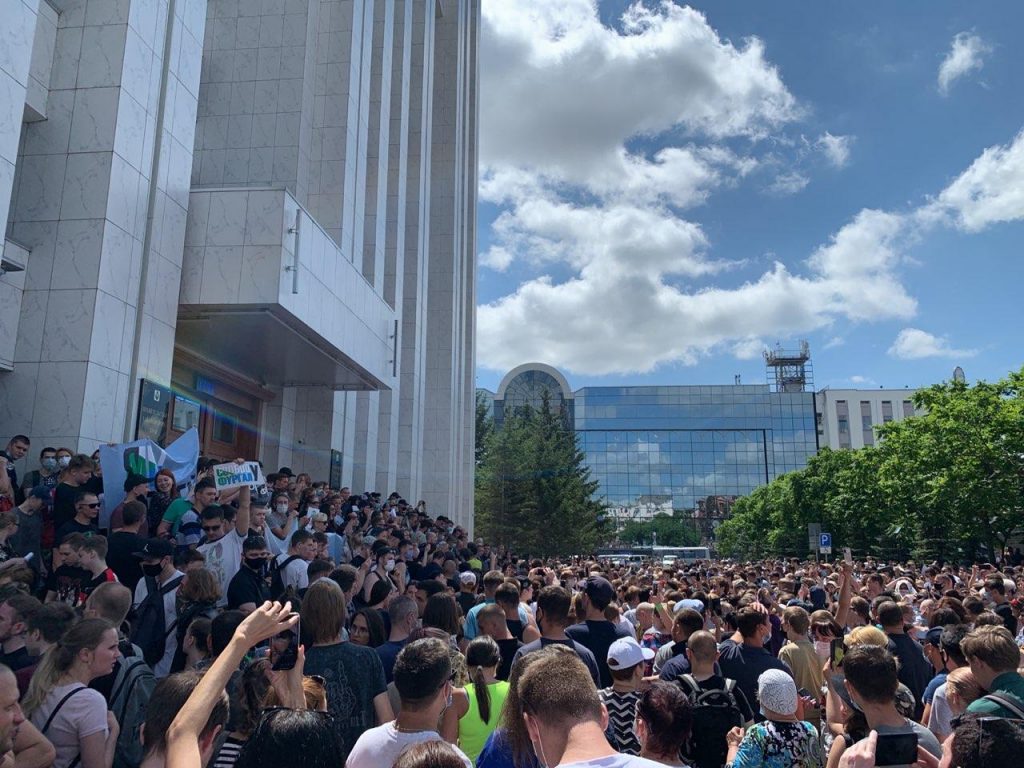
Two months ago, Ivan Safronov became an employee of the state corporation Roscosmos.
It is not known what exactly he is accused of, as this information has been declared secret. Safronov did not have access to state secrets at Roscosmos.
The media brought up Safronov’s family history when reporting on his arrest. His father, Ivan Safronov Sr., was also a journalist and also wrote about the military. He died under mysterious, and still unclear circumstances the day before the publication of an article on corruption in the Russian army. The article remains unpublished.
Searches were conducted in Moscow at the office of the editor-in chief and at the editorial office of the independent publication MBX-Media.
Editor-in-Chief Sergei Prostakov was questioned as a witness in the so-called Yukos case.
Yukos is a company owned by Russian businessman Mikhail Khodorkovsky. Because of his critical attitude towards Vladimir Putin, he spent 10 years in prison and his company was confiscated.
Recently, a court in The Hague awarded Yukos shareholders compensation to the tune of $50,000,000,000.
Mikhail Khodorkovsky, currently residing in London, is the founder and owner of MBX Media.
Municipal deputies Yulia Galyamina and Konstantin Yankauskas were also searched in Moscow.
Both of them applied to hold a protest in Moscow against constitutional amendments on July 15.
Equipment and telephones were seized from Galyamina and Yankauskas.
The residence of Peter Verzilov, the publisher of the independent Media Zone, was also searched for six hours.
An unconfirmed source has reported that President Putin himself dislikes Verzilov. The reason behind this was the protest known as “the military man enters the game”, during the final match of the World Cup in Moscow, Verzilov and another man dressed as officers ran out onto the field and interrupted the game. Putin, who was attending the match, was unhappy.
Reasons for the attacks and reactions from the public
Independent Russian journalists and experts unanimously believe that the main reason for the new wave of repression in Russia was the results of the vote on amendments to the country’s constitution.
Despite the fact that the vote violated all norms – a package of more than 200 amendments, without observers, held in odd places such as on porches, buses, and the trunk of a car – it essentially failed.
Putin’s spokesman, Dmitry Peskov, called the outcome a “triumphant victory.”
However, a well-known specialist in electoral law, Grigory Shpilkin, used mathematical methods to prove that twenty-seven million false ballots were cast at this ballot.
After Ivan Safronov was arrested in Moscow, people began holding one-person protests in front of the Federal Security Service building. Protesters were arrested, but their numbers are not going down.
The authorities banned people from holding a protest in Moscow on July 15, but the protest organizers do not plan to back down.
Commentary: what the authorities want
Republic, an independent publication, described the situation in Russia in the following way:
“The series of high-profile arrests and accusations hit the country literally immediately after the vote on constitutional amendments. We assumed that it would be so, but did not know that would happen so soon.
The government is rubbing it in the face of the public – look what we’ve brought the country to. Your opposition leaders are traitors with dual citizenship. Your independent journalists, despite their reputation, are NATO spies. Your governors, those who you yourself have chose an symbols, against the will of those in power, are bandits.
A dark cloud hovers above us, and after all this you will still argue that Russia needs an autocracy? Will you insist that we need free elections and independent journalism? ”













